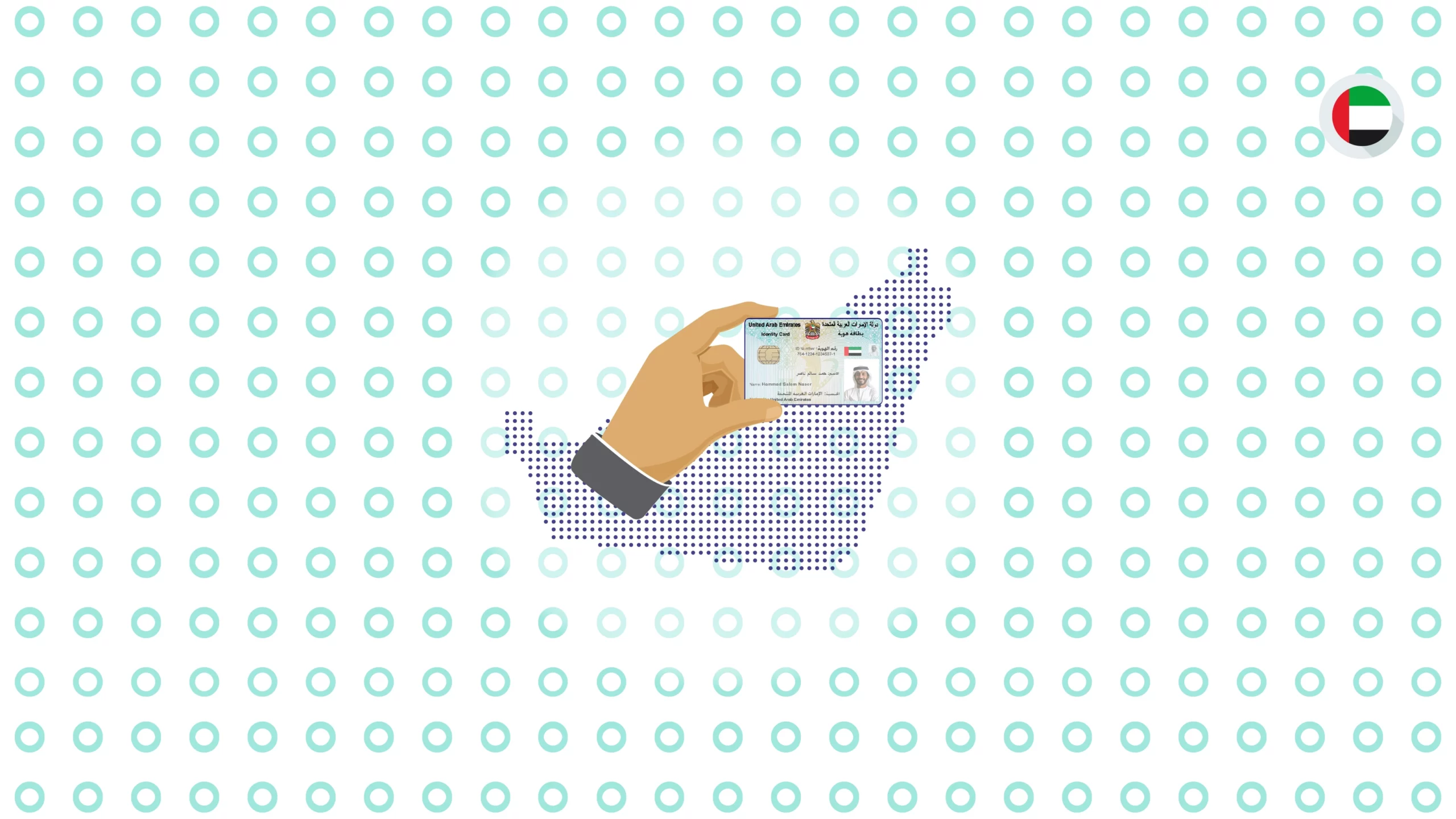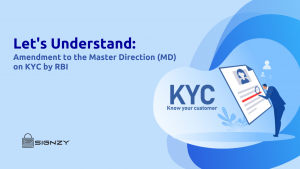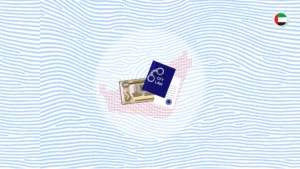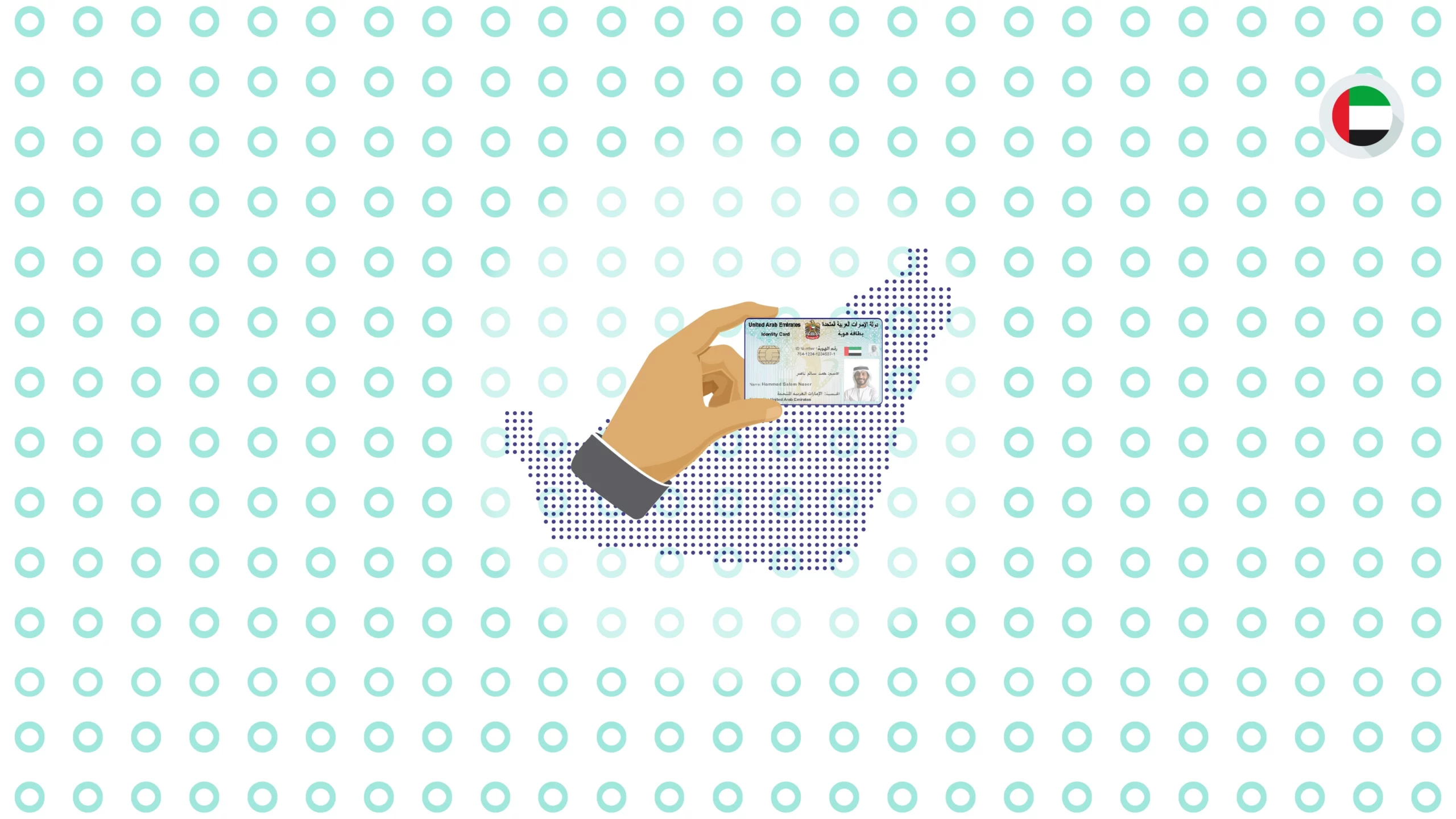- UAE has over 40 free zones, with 30+ in Dubai, each catering to specific industries or business types.
- Jebel Ali Free Zone (JAFZA), UAE’s first free zone (1985), hosts 8,000+ companies from 100+ countries.
- Some UAE free zones, like DMCC, allow 100% foreign ownership, even where mainland businesses require local partners.
You wouldn’t want to invest all that time and energy just to find out you can’t sign a lease or take on that big client because of some licensing oversight, right?
UAE being UAE, has engineered a fool-proof trade licensing system. This system ensures all operate within a legal framework.
The Middle Eastern country boasts over 2,000 licensed business activities, each a key to a different door. But choose poorly, and those doors slam shut.
- A General Trading license allows for import/export but comes with higher capital requirements.
- Professional Services licenses suit consultants but limit hiring capacity.
- Free Zone licenses offer 100% foreign ownership but restrict mainland operations.
And here’s a fact: Starting a business is tough. So why add unnecessary hurdles? By securing your trade license, you remove a layer of stress and uncertainty.
Let’s start directly with exploring different types of trade licenses.
Different Trade License Types in UAE
UAE has divided over 2,000 licensed business activities under six main license types, each designed for specific business structures and activities. Let’s explore each type in detail to help you determine which is best suited for your business needs:
1. Commercial License
The Commercial License is the most common type of trade license in the UAE. It allows businesses to trade physical products, permits multiple trading activities under one license (up to 10 in Dubai), and typically limits foreign ownership to 49% for mainland companies, with recent changes allowing 100% foreign ownership in certain sectors.
Suitable for: Retail stores (clothing, electronics, groceries), import/export companies, restaurants and cafes, general trading businesses, car dealerships, furniture stores, bookshops, pharmacies, supermarkets, hardware stores, jewelry shops, pet shops, sporting goods stores, toy stores, beauty supply stores, home appliance retailers, food and beverage distributors, textile traders, and e-commerce platforms.
Important Considerations:
- Capital requirements vary based on the activity and Emirate
- May require additional approvals for certain products (e.g., food, pharmaceuticals)
- Renewal typically required annually
2. Professional License
The Professional License is designed for businesses providing professional services or consultancy. It often allows 100% foreign ownership, requires a local service agent for administrative tasks, and can be obtained as a sole establishment or civil company.
Suitable for: All type of consultants (Legal, business, real estate, management, IT, HR, education, environmental, marketing, etc), medical professionals (doctors, dentists, physiotherapists), engineers (civil, mechanical, electrical), accountants and auditors, architects, interior designers, graphic designers, financial advisors, business coaches, psychologists, nutritionists, fitness trainers, photographers, translators, and public relations professionals.
Important Considerations:
- Professional qualifications and experience are crucial for approval
- Some professions require additional registrations with relevant authorities (e.g., healthcare professionals with health authorities)
- Lower capital requirements compared to commercial licenses
3. Industrial License
The Industrial License is essential for businesses involved in manufacturing or industrial production. It allows manufacturing, industrial processing, and assembly activities, and may qualify for special economic incentives such as customs duty exemptions on raw materials.
Suitable for: Businesses in manufacturing and industrial sectors, including textile and garment production, food and beverage processing, automotive and electronics assembly, pharmaceutical manufacturing, metal and plastic fabrication, furniture making, chemical production, packaging, and industrial machinery manufacturing.
Important Considerations:
- Requires a detailed industrial production plan
- Environmental impact assessments may be necessary
- Higher capital requirements compared to other license types
- Location often restricted to designated industrial areas
4. Tourism License
The Tourism License is specifically for businesses in the tourism and hospitality sector. It allows operation of tourism-related businesses and often requires approval from the Department of Tourism and Commerce Marketing (DTCM) in addition to DED.
Suitable for: Companies in the hospitality and tourism industry, such as hotels and various accommodation types, travel agencies and tour operators, adventure and ecotourism providers, cultural attractions like museums and art galleries, spa and wellness centers, event organizers specializing in cultural festivals, and niche tourism services including desert safaris and yacht rentals.
Important Considerations:
- May require proof of affiliation with international bodies (e.g., IATA for travel agencies)
- Additional regulations for hotel classifications and tour operator services
- Seasonal considerations for some activities
Other Types of Trade Licenses
It’s worth noting that there are two additional license types in the UAE, though they are less common and cater to more specific sectors:
- Agricultural License: This license is designed for businesses involved in farming, livestock, and related activities. It covers operations such as crop cultivation, animal husbandry, fisheries, and agricultural technology.
- Craftsmanship License: This license is tailored for skilled individuals who practice a craft or trade, often working independently or in small workshops. It includes professions such as carpentry, blacksmithing, and traditional handicrafts.
These two license types, while important, are less common for international businesses entering the UAE. Our guide focuses on the four main license types most relevant to a wide range of business activities.
Mainland Trade License vs. Free Zone Trade License
When considering a UAE trade license, you’ll often encounter the choice between mainland and Free Zone setups. Here’s a general overview
| Aspect | Mainland | Free Zone |
| Ownership | Typically 51% local sponsor, 49% foreign (100% foreign ownership now possible in some sectors) | 100% foreign ownership allowed |
| Local Market Access | Unrestricted access to UAE market | Limited. Usually requires a local agent or distributor to trade in UAE |
| Location | Can be set up anywhere in the emirate | Must be within the designated Free Zone |
| Visa Allocation | Based on office space, potentially unlimited | Limited, based on the package chosen |
| Capital Requirements | Varies by activity, generally higher | Often lower, varies by Free Zone |
| Local Sponsor | Required in most cases | Not required |
| Government Contracts | Eligible to bid | Generally not eligible |
| Import/Export | Subject to 5% customs duty | Often duty-free within the Free Zone |
| Corporate Tax | Subject to UAE corporate tax | Often exempt (may change with new tax laws) |
| Renewal Process | Annual renewal with DED | Annual renewal with Free Zone Authority |
| Business Activities | Wide range allowed under one license | May be limited to activities related to the Free Zone’s focus |
| Office Space | Required, size affects visa quota | Often includes flexi-desk options for startups |
Cost Considerations
The cost of obtaining and maintaining a UAE trade license varies based on license type, business activity, company structure, location, office space, and visa requirements.
Some estimates are as follows:
- Commercial License costs around AED 15,000 – 50,000
- Professional License costs around AED 15,000 – 25,000
- Industrial License costs around AED 25,000 – 50,000
- Tourism License costs around AED 20,000 – 40,000
Annual renewals, while less demanding, still require attention, usually hovering at 50-70% of initial costs.
How Do You Proceed After Obtaining a UAE Trade License?
Now, here’s where things get interesting. First Things First:
- Open that corporate bank account.
- Set up your office space.
- Process those visas – for you and your team.
Keep in mind, the UAE has a razor-sharp focus on security.
Enter the world of Anti-Money Laundering regulations – your new best friend (or worst nightmare, depending on how you look at it).
Transaction monitoring becomes your daily ritual – think of it as your business’s financial health check. Every payment, every receipt, every transfer needs to be accounted for a minimum of five years.
Additionally, throughout your business journey in the UAE, you’ll find yourself signing numerous contracts – with suppliers, clients, partners, and more. To keep everything running smoothly, it’s crucial to implement an efficient contract management system.
If you think staying compliant will be time-consuming. That’s where Signzy steps in as your trusted partner. Our transaction monitoring system and Contract 360 solution are designed with your peace of mind in mind. Take the first step towards effortless compliance – schedule a demo now.
FAQs
- How long does it take to obtain a UAE trade license?
The process typically takes 2-4 weeks, depending on the license type and emirate. Some free zones offer fast-track options that can reduce this to a few days. However, complex applications may take longer.
- Can I change my business activities after obtaining a license?
Yes, you can modify your business activities. Submit an application to the Department of Economic Development or relevant free zone authority. Additional fees and approvals may be required, especially if entering a new sector.
- Do I need a physical office to get a UAE trade license?
In most cases, yes. Mainland companies require a physical office. Some free zones offer flexi-desk options for certain license types. Virtual offices are generally not accepted for licensing purposes.
- How often do I need to renew my UAE trade license?
UAE trade licenses typically require annual renewal. The process involves submitting updated documents and paying renewal fees. It’s crucial to initiate the renewal process at least a month before the expiry date to avoid penalties.
- How do I track my trade license status?
Visit the official DED website for your emirate. Look for “E-Services” section and then look for the “Track Application”, “Trade License Inquiry” or similar section. The exact name may vary. Enter your application details to check the current status of your trade license. Free zones may have separate portals for tracking.














